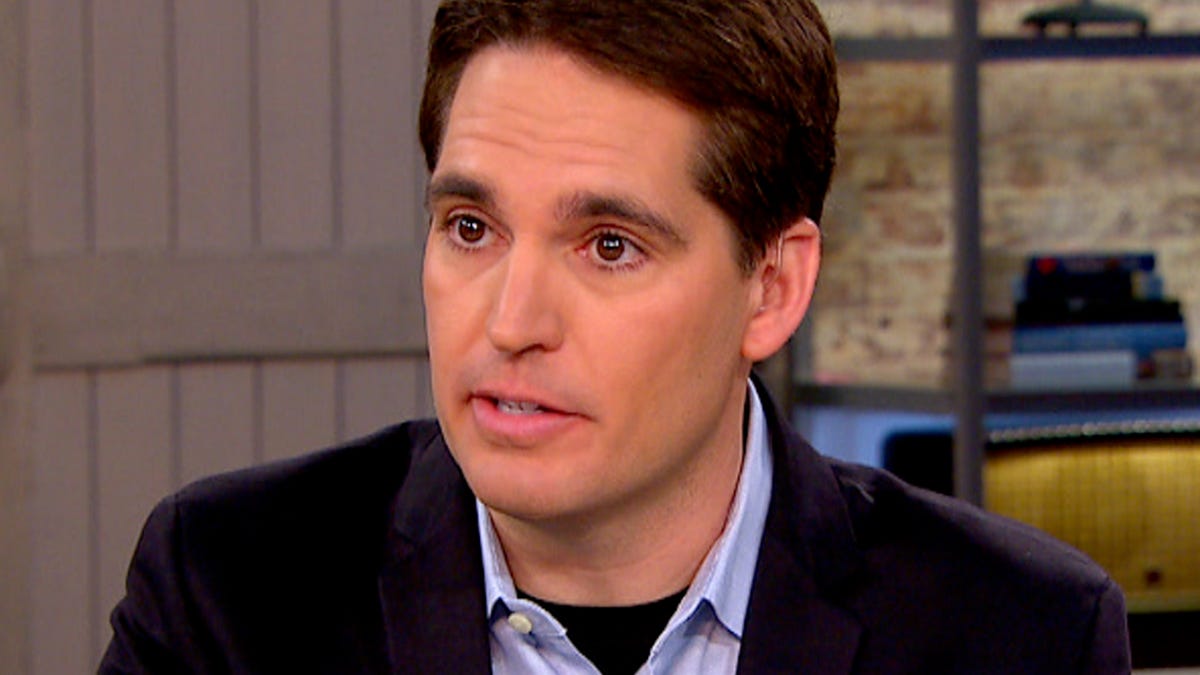Hulu CEO finally announces his departure
Jason Kilar has had a history of disagreeing with the TV companies that own the video service. He says he and the CTO will step down in the first quarter.

Jason Kilar, the much respected CEO of Hulu, the video service owned by three of the top TV networks, said today he will resign sometime before April.
"What is an understatement," Kilar wrote on the company's blog, "this email has proven difficult for me to both write and send. I've decided to depart Hulu in Q1. I am currently working with the Board to ensure there is ample runway to manage this transition."
Kilar said that Rich Tom, the company's CTO, will leave at the same time. Hulu is owned by NBC Universal, Fox and Disney so it has deep pockets behind it but the backers haven't appeared completely committed to the company for some time. In recent years, Hulu has lost ground to Netflix.
Speculation about when, not if, Kilar would leave began two years ago. An apparent rift developed between Kilar and the three media companies that own Hulu. It went public when Kilar wrote a blog post that showed he disagreed with their Web-distribution strategy.
The experts said that after that it was just a matter of time before Kilar departed.
Since then, Hulu's competitive position has only worsened. The company has seen rival Netflix seize control of Web video rental. Amazon appeared to eclipse Hulu with a better consumer offer. The big complaint about Hulu Plus, the company's premium subscription service, is that it charges about the same as competitors but Hulu also stuffs its videos with commercials.
Viewers don't like the double dip.
In that blog post that Kilar wrote two years ago, he seemed to suggest that Hulu's troubles were the fault of the company's owners. He criticized the way they advertised on Hulu and also suggested that TV companies were licensing their content to Web services too cheaply and by doing so were helping rivals undercut Hulu.
"Traditional TV has too many ads," Killar declared in his post. "Consumers are increasingly moving to on-demand viewing, in part because of the lighter ad load." Later in the post Kilar wrote: "Over the past 4 years, studios and networks have not always insisted on per-user per-month economics in their digital licensing agreements, which has resulted in a regretted under-pricing of their content to digital distribution."
Initially, Kilar helped turn Hulu into a runaway hit. The company was one of the first Internet services to stream professionally made content and viewers loved it. Hulu proved there was a market for premium TV shows and films online. Viewers flocked to the site to watch their favorite NBC and Fox shows on their laptops and PCs.
Up until Hulu's 2007 launch, Internet video was synonymous with YouTube and short homemade clips. To that point, many in Silicon Valley, especially at Google, derided the attempt of NBC and Fox (and later Disney) to build their own Internet video service. They called it the Clown Company.
In his announcement today, Kilar referred to those uncertain times for Hulu.
"Some brave souls that were willing to look past the many naysayers and 'ClownCo' moniker jumped aboard and got about the business of innovating and building," Kilar wrote. "Five and a half years later, thanks to the missionary work of this amazing 600+ worldwide team and courageous, prescient partners, we are fortunate to have collectively built a culture that matters."

